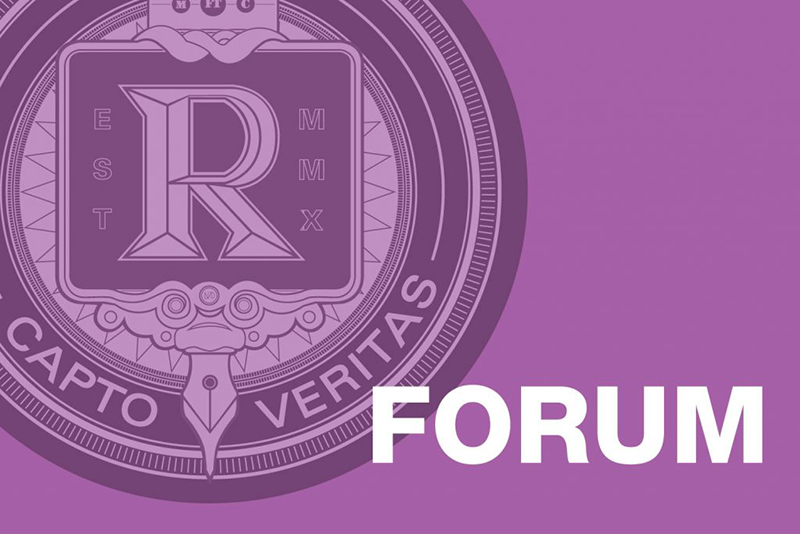The Dangers Of Phishing On The Internet

I have been hitting the streets of Wolfson Campus to interview random students about their experiences with phishing. I want to find out how much we are impacted by web scams. Do countries fund their own wars, or is it the lowly taxpayer that funds the global economy? Are there less than $20 that might not be missed disappearing from banks? What will other students say to me?
Some MDC students have been talking about precaution and skimming, and other students liken talking about the phenomenon to patriot-shaming. A brilliant young woman tells me she still shops online, admits to some incorrect password entry forms, and explains fishy transactions have happened to her.
An example of such is a complaint from Nigeria. The message pleads for someone to talk to and methodically sinks hooks into readers with a guilt trip about poor, unhappy, starving Africans. They might go hungry, it says. People ostensibly know the Nigerian orphan email is dishonest, but to many such news does not happen close enough to home.
The FBI’s Internet Crime Complaint Center, IC3 for short, and the Anti-Phishing Working Group (APWG), pursue internet villains. The APWG says the standing record for most phish online at one time is 250,000, which was in 2010. A father on campus thinks money lost online is somehow related to how “vending machines eat money,” and mentions a particularly good example of money disappearing from the bank when priceline.com charged him an extra day on his Liberian holiday. Make a phone call to the IC3 to solve phishing problems.
A smart hacker makes their work appear as nearly-identical to actual URLs like chase.com. When Web surfers verify emails and passwords, the info is swallowed. Online shoppers are being hooked and reeled in like little fish.
A group of male students at Wolfson Campus said they do not put it on the plastic anymore, and they only occasionally shop online.
In his article, The State Of Phishing Attacks, Jason Hong mentions a bank webpage that offers $100 dollars to customers who “help sellers market better by sharing personal information.” Some bank customers see the personal information entry webpage, and incorrectly conclude the promises are honest. The mistake of entering credit card information sends victims’ bank funds diving toward zero. It is safe to say any website that pays you to spend fun time on the internet is making promises that are too good to be true.
A system administrators urgent warning of potential attack is an obvious one. When I ask a couple on campus if they find debit cards risky, the female denies it, but the male admits he does. The IC3 recommends neither filling out any form nor clicking any hyperlink that seems too good to be true.

